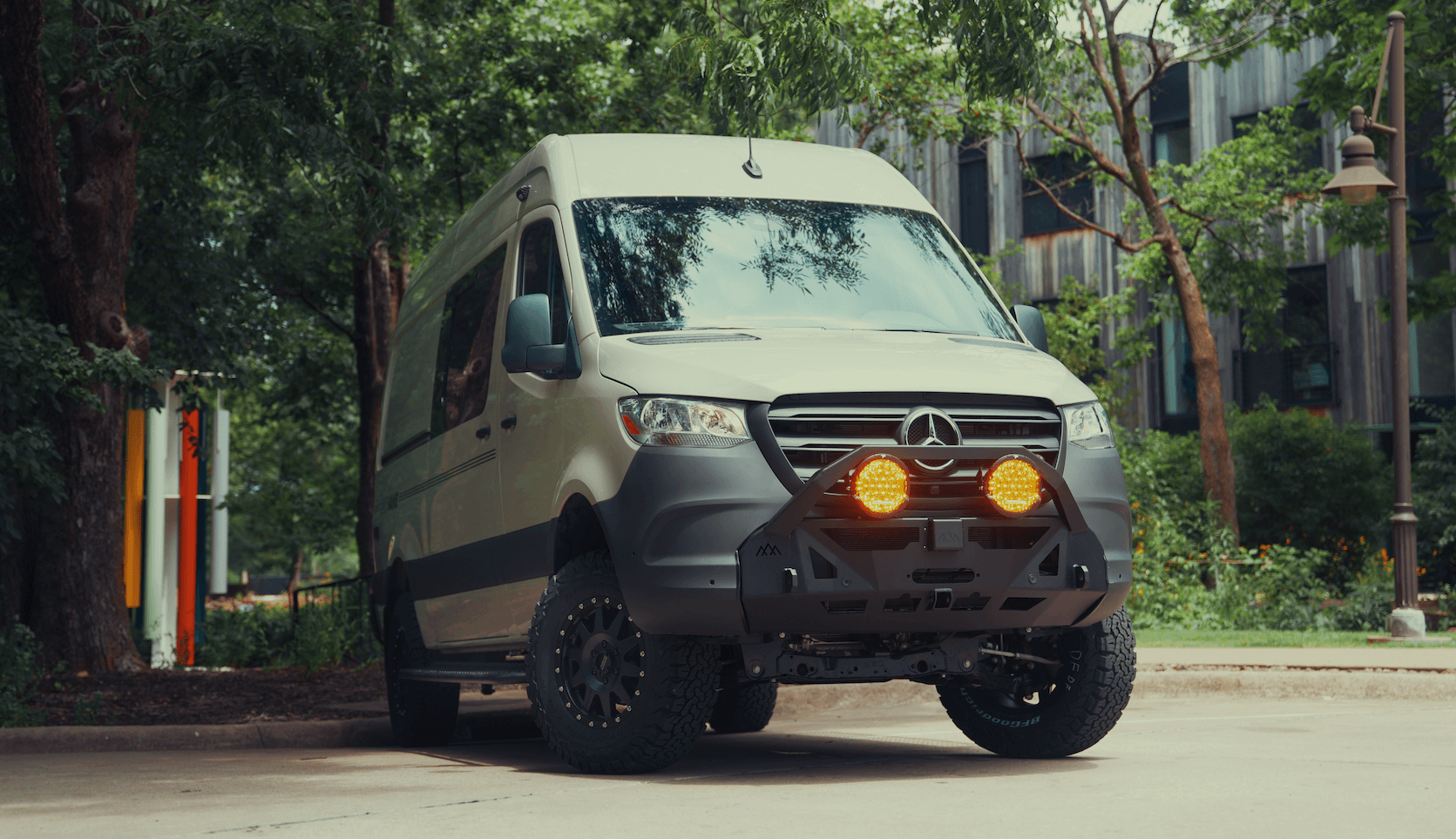Recreational Vans

Insurers start by deciding what your van is in their system. Some carriers will treat a homebuilt conversion as a private passenger vehicle with an equipment endorsement. Others will classify it as a motorhome or recreational vehicle if it meets specific thresholds like fixed sleeping, cooking, and sanitation. That classification drives which policy forms apply, what coverage options are available, and how claims are adjusted. Before you request a quote, read your state’s definition of a motorhome and ask the carrier which box they will use for your DIY camper. If your Department of Motor Vehicles allows retitling as a motorhome, that paperwork can help the insurer place your rig correctly.
Different usage patterns also matter. If you live in the van more than a set number of days per year, some carriers require a full timer or residence based endorsement that extends liability and contents protection. If you only take weekend trips, a standard RV policy or enhanced auto policy might fit. Commercial use such as paid rentals or business deliveries triggers a different policy altogether and must be disclosed. The aim is to match how you actually use the van with a policy designed for that risk.
Weight and capacity influence underwriting too. A high roof cargo platform with heavy batteries, water tanks, and cabinets changes handling and loss potential. Expect questions about gross vehicle weight rating, modifications to suspension or brakes, and tire load ratings. Honest, detailed answers reduce surprises later.
Many DIY owners prefer agreed value or stated value so the payout reflects the build, not just a depreciated cargo van. With agreed value, you and the insurer set a number up front, supported by documents, and that figure is used at total loss. Actual cash value pays market value at the time of loss, which may not capture custom labor and materials. If agreed value is unavailable, ask for endorsements that raise limits on custom equipment.
Failing to disclose modifications, using personal auto when the van meets motorhome definitions, or skipping an equipment schedule can jeopardize claims. Keep the garaging address accurate, list all drivers, and notify the carrier before major changes like adding propane, lithium batteries, or roof structures. If you cross borders, verify international coverage and proof of insurance requirements.
Insuring a DIY build is smoother when you present a clean paper trail. Start with a build sheet that lists materials, components, and systems from insulation to electrical to plumbing. Keep dated photos of every stage, including wiring paths, fuse sizes, battery specs, gas line routing, and anchor points for cabinets and seats. Scan receipts for big ticket items like solar, inverters, heaters, and appliances; add serial numbers when available.
Most carriers appreciate third party verifications. A certified weight ticket shows the result of your work relative to gross vehicle weight rating. A professional inspection for propane systems or electrical connections can support underwriting and may earn a safety credit. If your state allows retitle as motorhome, bring that updated registration.
Coverage extends beyond the shell. Inventory your personal property that lives in the van such as laptops, camera gear, camping equipment, and e bikes. Some items may fall under a homeowners or renters policy off premises limit, while an RV policy can offer scheduled personal effects coverage. Decide if you want roadside assistance, glass protection, and emergency expense coverage for hotel or transportation during repairs.
States vary on what triggers a motorhome title. Common requirements include fixed sleeping, a permanent cooking setup, potable water with a sink, and storage. Some states require a safety inspection or a weight certification. When you meet those standards and update the title, insurers have an easier time aligning your policy type to the vehicle’s official status. Always keep copies of forms, inspection reports, and the new registration.
If your goal is claim ready documentation and straightforward valuation, consider a professionally designed and built camper that insurers recognize quickly. Builders who deliver full documentation packages with photos, wiring diagrams, and weight data help shorten underwriting and strengthen agreed value discussions. You also gain access to manufacturer part numbers and certification letters that back up component ratings and safety features, which is useful after a loss.
OZK Customs builds adventure focused vans in Fayetteville, Arkansas, and hands customers a thorough walkthrough at delivery so you understand every system. When you want a turn key platform with clear paperwork, see our Recreational vans. If you want a one of one rig tailored to your travel style, explore a Custom build van. If financing and book value are priorities, review our Mainstream vans page for platforms that align well with insurer databases.
Practical next steps today:
A well documented build, accurate classification, and the right policy form protect the vehicle and your travel plans. If you would rather skip the paperwork maze and drive away with an insurer friendly package, start a conversation with the OZK team.
Share your travel goals and timeline. We will outline a build path that fits your budget and creates clean documentation for insurers, from power systems to interior layout, so you can focus on the road ahead.
Ready for insurance confidence and a documented, finance friendly build path? Tell us about your goals and timeline. OZK Customs designs and builds professionally documented adventure vans that insurers understand, with clear valuations and handoff support. Start your build conversation now.
ADDRESS:
6159 E Huntsville Rd, Fayetteville, AR 72701
PHONE:
(479) 326-9200
EMAIL:
info@ozkvans.com